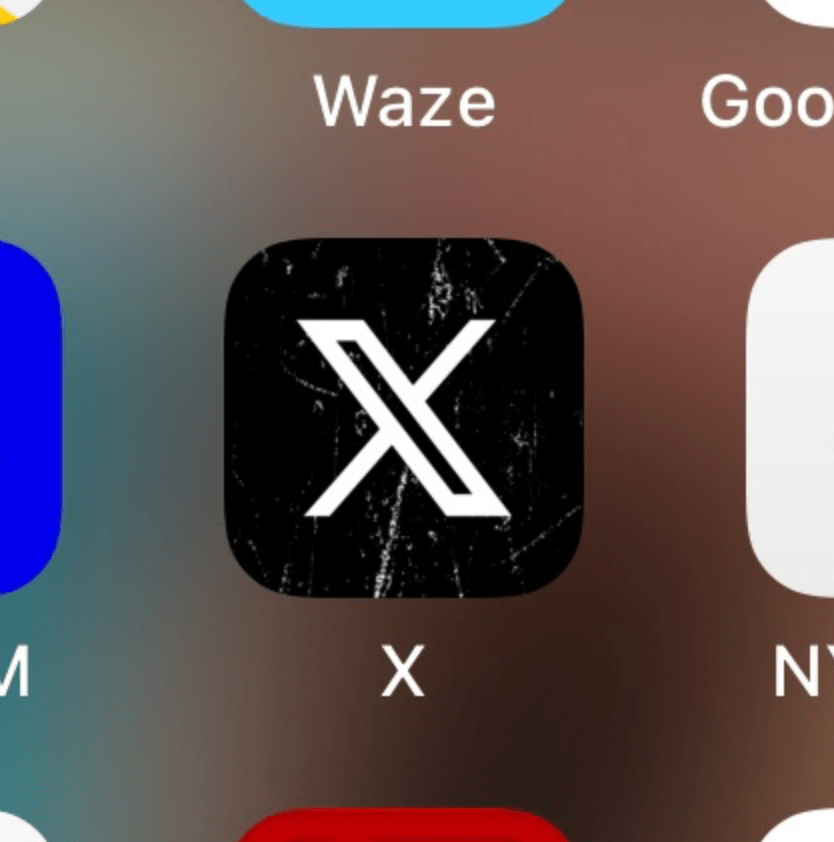Elon Musk is a master at starting up companies—Tesla, SpaceX, Boring, ZipTo, Starlink…the list goes on. Recently the world’s richest man purchased Twitter, once a startup but now an established company that—like all established organizations—must regularly change to compete.
Here’s the challenge: Startups and established organizations couldn’t be more different in what they need from their leaders. Human dynamics, unlike, say, rocket dynamics, are not as simple. Trust me: My days in leadership at Travelocity were very different from my days at GE and American Airlines.
The easiest way to put this is: People at a startup have bought into the possibilities, while people at an existing organization have bought into what already is. And the differences manifest themselves in many ways:
- At a startup, you set your own course because no one in the world has done it before. There is no “the way we’ve always done it;” there’s instead a “let’s find a way to do it.” With excitement built by visionary leadership, people become “hard core” about achieving it.
- At an established organization there’s an already-found way to do things learned through trial and error. These lessons learned harden beliefs.
- At a startup, sometimes you quickly pivot to another course…you blow up the first plan and go for a second…what’s to lose?
- At an existing organization, there’s much more to lose. You can’t just blow things up willy-nilly; these “things” have value. You want to maintain as much value while changing directions.
- At a startup, people know they’ll need to roll with the punches. Pivoting is welcome.
- At established companies, people need conditioning for a change. People have to WANT to change. Edicts don’t work (North Korea is not a success).
- At a startup, the organization’s values are often driven by the founder’s quirks and passions.
- Established organizations usually have long-held values that people have bought into over time. You can’t usurp them easily and just throw some new values at people.
- Connections are new and dependencies are fungible at startups. Blow up the organization, we’ll figure out the new way.
- Established companies run on established relationships, inter-reliance on many others who together rely on established ways. We have to change smartly so our people aren’t crippled by nonsensical gaps.
- At startups, people often WANT colleagues who resist things to be fired. “We have to move fast, we don’t need you or your resistance!”
- At established organizations, firing “someone I trust and rely on” must be done with care and compassion, or “we” (those of us who remain) will see ourselves as the next people to get treated this way. We’ll flee.
So, the things that make you a genius during a startup can make you unsuccessful during a change. We want there to be a magic wand (or a magic bulldozer) to change an existing organization like Twitter. We all wish it were that simple. But it isn’t, and I have the scars to prove it.
Here’s hoping Elon reverses course or he’ll have those same scars…except at the rate he’s going, they’ll likely be gashes.
Let me know what you think. I look forward to being in touch.
Al Comeaux

